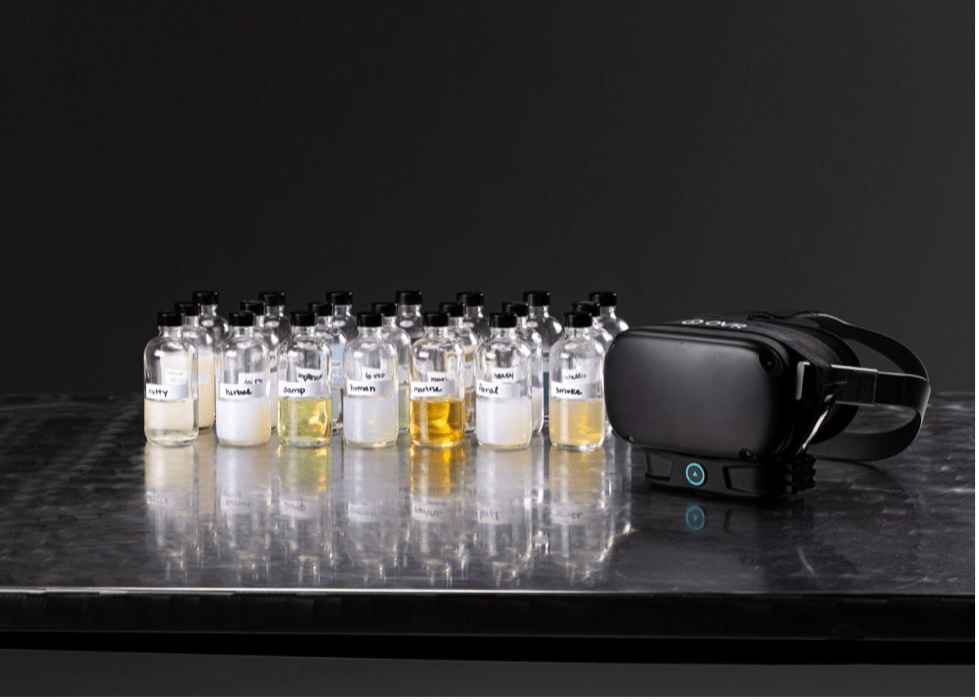
Science and medicine are constantly evolving. Case in point: how quickly we’ve learned and adapted—nationally and internationally—to the coronavirus pandemic. From creating brand-new vaccines to COVID-19 antibody treatments, scientists have had to pivot quickly to create necessary medical solutions in a short two years.
In the spirit of evolution, digital therapeutics (abbreviated DTx) is a new category of medicine that delivers medical interventions directly to patients. It crosses time and geography to bring evidence-based care directly to you, at any time. “Digital therapeutics have been on the market for about ten years, but there’s only been a few of them,” Megan Coder, executive director of the Digital Therapeutics Alliance (DTA), told Nature.
It’s a growing industry. In fact, the DTx industry is expected to be a $56 billion global opportunity by 2025, according to Insider Intelligence.
One reason for this unprecedented growth is that the medical field doesn’t have the bandwidth or resources to care for everyone (case in point: the surge of hospital visits during the COVID-19 pandemic). DTx also has the potential to revolutionize telehealth, improve patient experience, and change patient health outcomes for the better.
What Are Digital Therapeutics, Exactly?
The Digital Therapeutics Alliance defines digital therapeutics as a tool to help treat, manage, or prevent a medical disorder or disease. Some DTx are approved to use on their own, and others are meant to be used in tandem with other medical treatments.
Digital therapeutics are not the same as digital health products. Digital health products, for instance, may include things like a calorie tracker or meditation app and aren’t regulated the way digital therapeutics are. Digital therapeutics are regularly reviewed, cleared, and/or certified by third parties to support the claims, safety, and efficacy of products.
Research over the past decade found DTx can help with certain psychiatric conditions and even addiction. For more, read our articles Holistic Treatment for Addiction and 5 Science-Backed Ways Mental Health is Improved by Virtual Reality.
DTx may also be incorporated into treatments for cardiovascular, gastrointestinal, kidney, and endocrine diseases, and more, per Evidera.
Why Should People Use Digital Therapeutics?
Overall, digital therapeutics give people access to safe and effective therapies, eliminate gaps in medical care, and also extend healthcare providers’ ability to care for patients.
Here are a few more ways that DTx can improve some of our current healthcare challenges:
- Help underserved populations gain access to high-quality medical care.
- Provide therapies in various languages beyond English, such as Spanish, Arabic, German, and French.
- Provide patient treatment no matter where they’re located (including in the privacy and comfort of their own home) by utilizing smartphones, tablets or other forms of technology.
- Capitalize on immersive virtual reality technology to support behavior change and/or foster better mental health and overall relaxation.
.png?width=618&height=603&name=ovr_circle_w%20(1).png)



